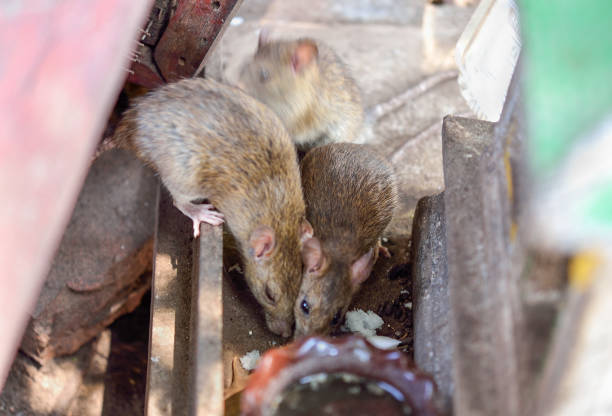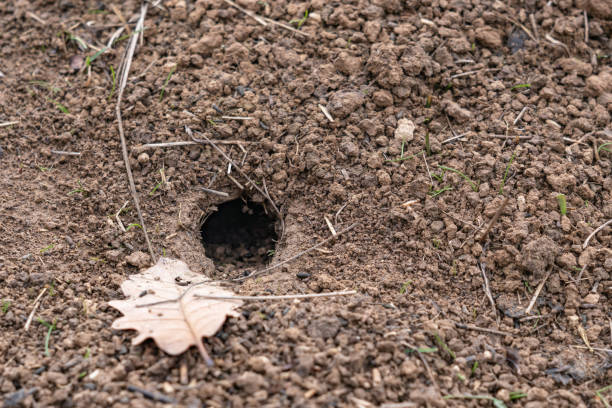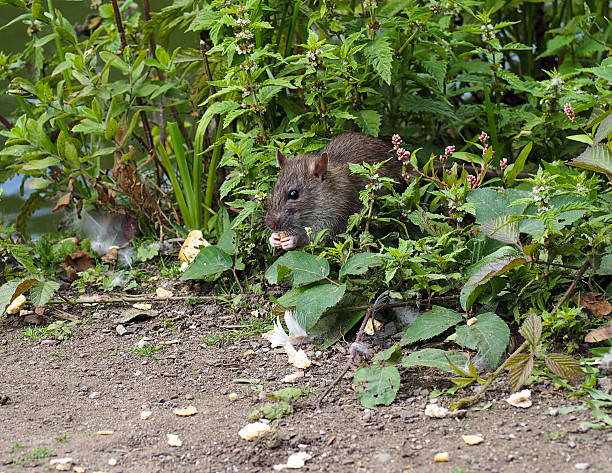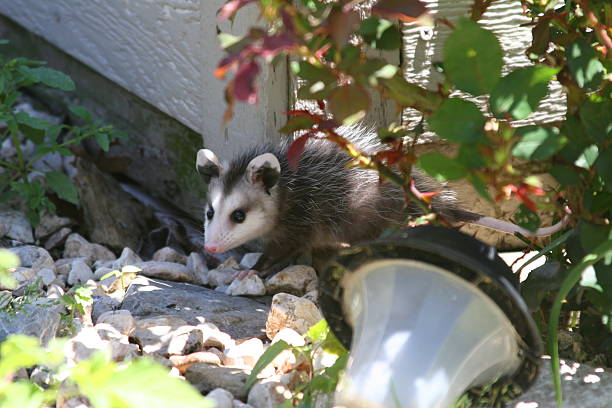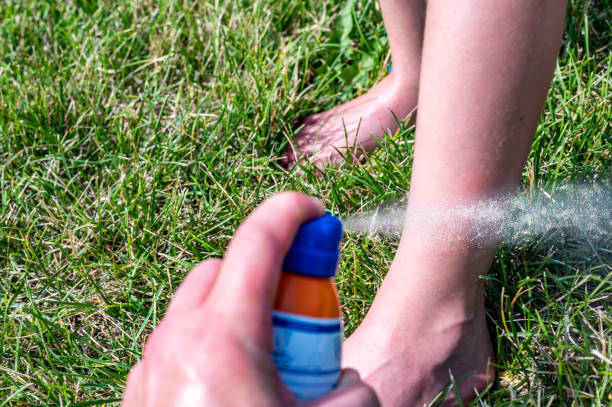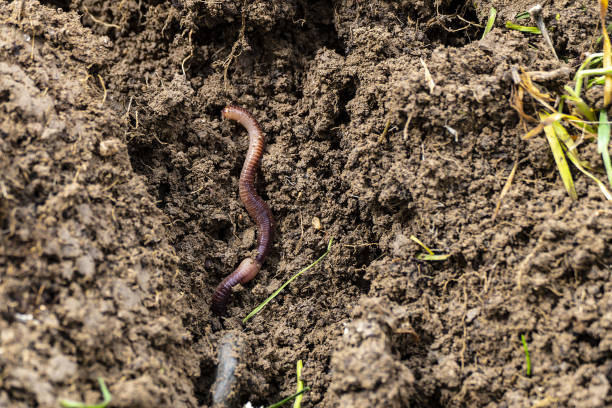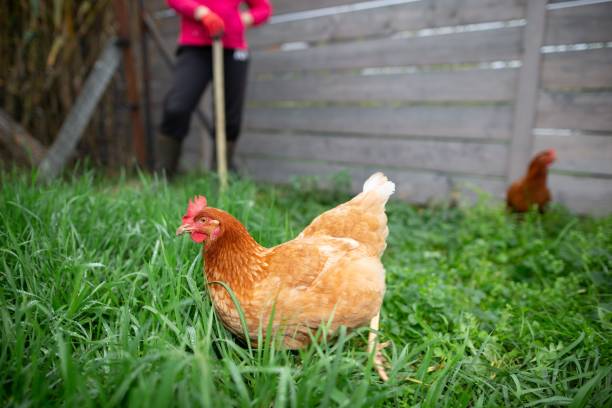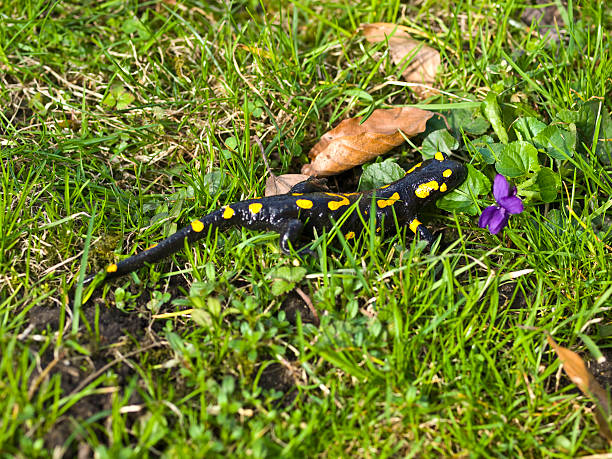How to Get Rid of Pack Rats in the Yard
This post contains affiliate links. This means I will make a commission at no extra cost to you should you click through and make a purchase. Read the full disclosure here.
Pack rats can cause damage to your yard and pose potential health risks. If you’re facing a pack rat infestation in your yard, it’s essential to take action to eliminate these pests. This article will provide you with effective methods to get rid of pack rats and prevent their return.
Understanding Pack Rats
Habitat and Behavior
Pack rats, also known as woodrats, are rodents that commonly inhabit yards, gardens, and outdoor structures. They are attracted to cluttered areas where they can build nests and find shelter. These rats are known for their hoarding behavior and are capable of causing significant damage to property.
Signs of Pack Rat Infestation
Identifying signs of pack rat infestation is crucial for prompt action. Look out for chewed wires, droppings, nests made of twigs and debris, and gnaw marks on wooden structures. Unusual rustling noises and sightings of these rats in your yard are also signs of their presence.
Why You Should Get Rid of Pack Rats
Damage to Property
Pack rats have a penchant for chewing on wires, which can lead to electrical malfunctions and even house fires. They also damage insulation, woodwork, and stored items. Addressing a pack rat infestation early can prevent extensive property damage.
Health Risks
Pack rats carry diseases and parasites, including fleas and ticks, which can transmit illnesses to humans and pets. These pests can contaminate surfaces with their droppings, posing a health hazard. It’s crucial to eliminate pack rats to safeguard the well-being of your family.
Preventive Measures
Clear Clutter and Debris
Removing clutter and debris from your yard is an important step in preventing pack rat infestations. Clean up piles of wood, unused equipment, and other items that may provide hiding places for rats.
Seal Entry Points
Inspect your yard for potential entry points and seal them off. Fill in cracks and gaps in your home’s foundation, install door sweeps, and cover vents with mesh screens. This helps prevent rats from gaining access to your yard and ultimately your home.
Remove Food Sources
Pack rats are attracted to food sources such as fallen fruits, bird feeders, and garbage bins. Ensure that any potential food sources are properly secured or removed from your yard to discourage pack rats from staying.
Install Motion-Activated Lights
Pack rats are nocturnal creatures, and installing motion-activated lights can help deter them. These lights will startle the rats and make your yard a less appealing environment for them.
Natural Methods to Deter Pack Rats
Use Peppermint Oil
Pack rats dislike the strong scent of peppermint oil. Soak cotton balls in peppermint oil and place them in areas where pack rats are likely to frequent. This can help repel them from your yard.
Place Mothballs or Ammonia-Soaked Rags
Mothballs and ammonia-soaked rags emit odors that pack rats find unpleasant. Scatter mothballs or place ammonia-soaked rags near rat nests or potential entry points to discourage them from staying in your yard.
Utilize Predator Urine
Predator urine, such as that from coyotes or foxes, can create a natural deterrent for pack rats. Spray or sprinkle predator urine near rat burrows or areas where they’ve been active to discourage their presence.
Trapping and Removal
Live Traps
Live traps can be an effective method for capturing pack rats. Set up traps with bait like peanut butter or small pieces of fruit near their nests or along their travel routes. Check the traps regularly and release the captured rats far away from your property.
Snap Traps
Snap traps are another option for trapping pack rats. Place the traps along walls or in areas where rats are active. Remember to exercise caution when setting and handling snap traps.
Professional Extermination
If your pack rat infestation persists or becomes unmanageable, consider seeking professional help. Pest control experts have the knowledge and tools to eliminate the infestation safely and effectively.
Dealing with Nest Removal
Removing pack rat nests is crucial to discourage their return. Wear protective gloves and use a plastic bag to collect the nesting material. Seal the bag tightly and dispose of it in an outdoor trash bin.
Cleaning and Sanitizing
After removing pack rat nests, clean and sanitize the affected areas. Use a disinfectant to eliminate any potential bacteria or parasites left behind by the rats. Proper sanitation helps ensure a safe and healthy environment.
Maintaining a Rat-Free Yard
Regular Yard Maintenance
Maintain a well-kept yard to discourage pack rats from taking up residence. Trim overgrown vegetation, keep grass short, and regularly inspect your yard for signs of rat activity.
Monitoring and Early Intervention
Stay vigilant and monitor your yard for any signs of pack rat activity. Addressing the issue early can prevent it from escalating into a full-blown infestation. Take prompt action if you notice signs of rats returning.
Conclusion
Getting rid of pack rats in your yard is essential to protect your property and ensure a safe living environment. By implementing preventive measures, utilizing natural deterrents, and employing trapping and removal techniques, you can effectively eliminate pack rats and maintain a rat-free yard.
FAQs
Can I use poison to get rid of pack rats?
It is not recommended to use poison as it can pose risks to other animals and may not effectively resolve the infestation. It’s best to explore safer alternatives.
How do I know if pack rats have entered my home?
Look for signs such as chewed wires, droppings, gnaw marks, nests, and rustling noises. If you suspect pack rats have entered your home, seek professional assistance.
Can I release pack rats far away from my property?
Releasing pack rats far away from your property is not advised as they can find their way back. It’s better to use traps and remove them humanely.
Are pack rats attracted to certain types of plants?
Pack rats are attracted to cluttered areas rather than specific plants. However, they may seek shelter in dense vegetation.
Can I use ultrasonic devices to repel pack rats?
Ultrasonic devices have limited effectiveness in repelling pack rats. It’s better to focus on preventive measures and trapping methods for better results.

